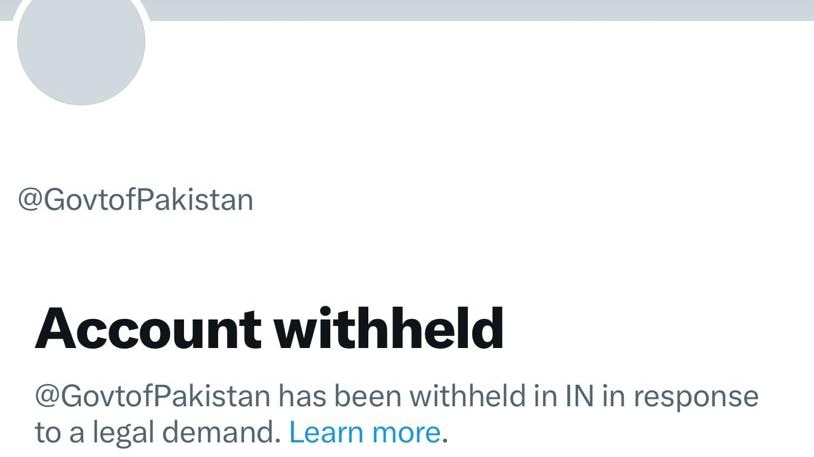In a strong response to the April 23 terrorist attack in Pahalgam that claimed 26 lives, India has blocked access to the official X (formerly Twitter) account of the Government of Pakistan and announced a series of sweeping retaliatory measures targeting diplomatic, military, and civil exchanges between the two countries.
The measures were announced hours after Prime Minister Narendra Modi chaired a high-level Cabinet Committee on Security (CCS) meeting. The committee, which included External Affairs Minister S. Jaishankar, Defence Minister Rajnath Singh, Home Minister Amit Shah, and National Security Advisor Ajit Doval, resolved to pursue “comprehensive punitive action” in response to what New Delhi calls “Pakistan’s continued support for cross-border terrorism.”
“These are not symbolic actions. These are tangible, enforceable steps that send a message,” said Foreign Secretary Vikram Misri during a press briefing on Wednesday.
The official X handle of the Government of Pakistan is no longer accessible to users in India. The digital blackout comes alongside the downgrading of diplomatic missions; both India and Pakistan will reduce their respective High Commission staff strength from 55 to 30 by May 1.
India has also expelled Pakistan’s defence, naval, and air advisors from its mission in New Delhi, declaring them persona non grata. They have been ordered to leave within seven days. India will reciprocate by withdrawing its own military advisors from Islamabad.
In addition, five support staff assigned to each country’s military mission will be recalled.
The SAARC Visa Exemption Scheme for Pakistani nationals has been suspended with immediate effect, and all existing visas issued under the programme have been invalidated. The Integrated Check Post (ICP) at Attari, the only land border crossing currently in operation between the two countries, has also been ordered shut. Pakistani nationals in India on valid documentation are permitted to return before May 1.
Perhaps the most geopolitically significant move is the suspension of the 1960 Indus Waters Treaty, a World Bank-brokered accord that has weathered decades of tension between the neighbours. Misri said the treaty will remain suspended “until Pakistan credibly and irrevocably abjures its support for cross-border terrorism.”
The CCS actions mark one of the most extensive sets of retaliatory measures India has taken against Pakistan in recent years. The Pahalgam attack, which killed 25 Indian civilians and one Nepali national, is being seen as a red line by the Modi government.
“The perpetrators of the Pahalgam attack will be given a befitting reply. And so will those who conspired behind the scenes,” said Defence Minister Rajnath Singh.
With Pakistan yet to issue a formal response, tensions between the two nuclear-armed neighbours have sharply escalated. Observers warn that these developments could mark a turning point in the already fragile bilateral relationship.








